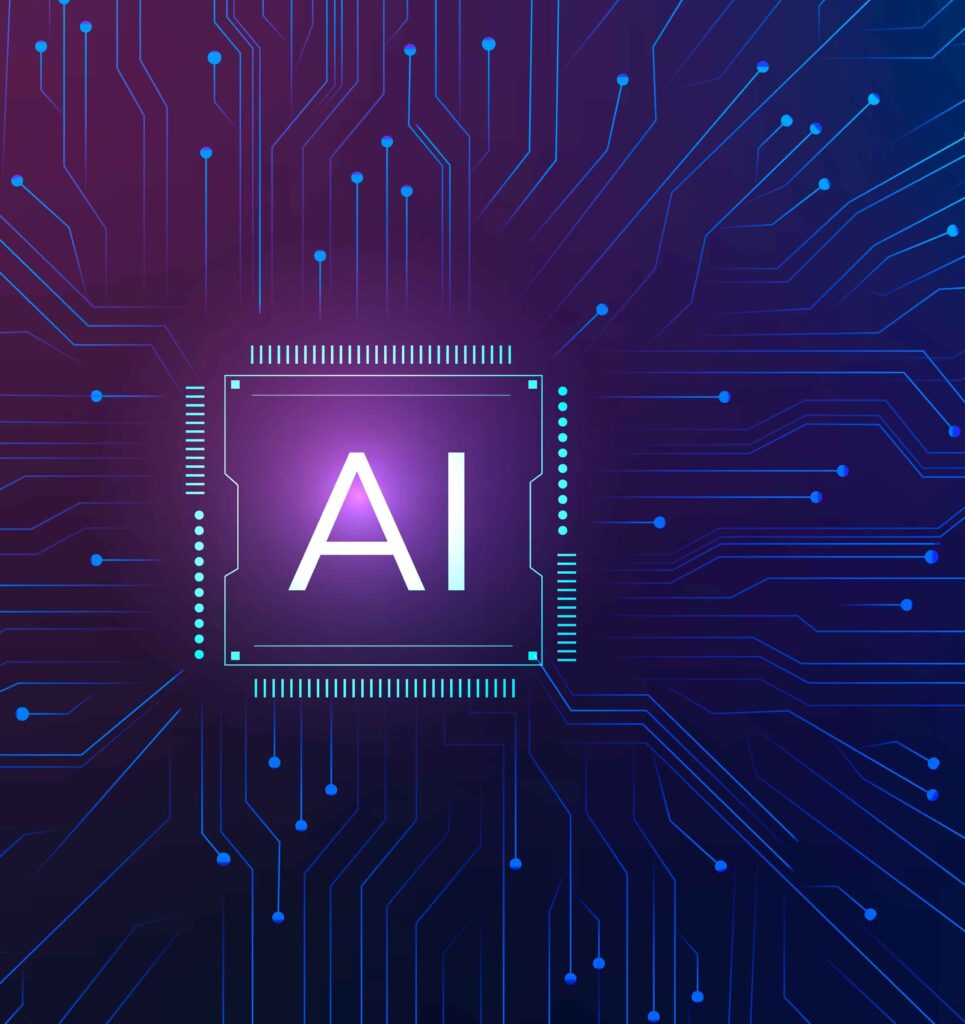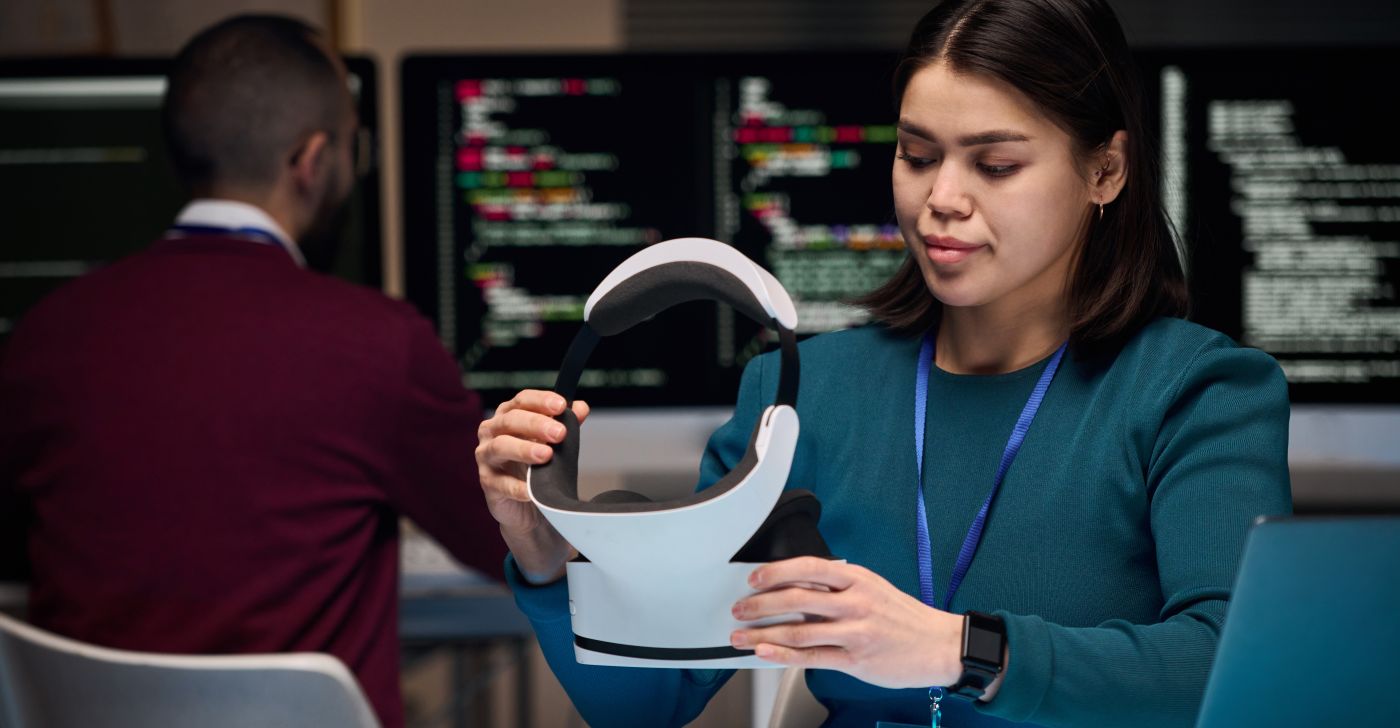Outline
The “Steering technological change” working group seeks to ensure that technological advancements support human needs and address global priority challenges, prioritizing the public good over profit motives. By focusing on socio-technological progress that aligns with sustainable development, global justice, and equitable distribution of technological benefits, the group aims to establish mechanisms that inclusively represent diverse societal interests. The group will address a range of transformative technologies and the socio-technological and cultural changes they bring, assessing both their potential benefits and societal risks. Deliverables may include a comprehensive report as well as technological experiments hosted on the IPSP website—such as a decentralized autonomous organization (DAO), an AI agent, or digital infrastructure. These tools aim to model and provide resources for the democratic steering of socio-technological change, whether within particular communities or on a global level.

Key Issues
Accelerated Technological Disruptions
Rapid advancements, particularly in generative AI, quantum computing, biomedicine, and autonomous systems, have transformed societies more drastically in recent years than the past five decades combined. These innovations promise improved efficiency, access to essential services, and solutions to complex problems, yet they present significant risks.
Risks and Negative Impacts
Technologies often carry unintended and potentially harmful outcomes, such as disinformation, mental health issues, increased vulnerability to cybercrime, and deepening of systemic biases. Risks include diminished transparency, job redundancy, health and energy justice concerns, and the consolidation of power among large corporations, especially in the Global North, often to the detriment of Global South communities.
Inclusive and Equitable Governance
The group highlights the need for democratic governance frameworks that avoid alienation and extraction, advocating for technology development that is regenerative, equitable, and grounded in social justice. Indigenous perspectives, which emphasize holistic and sustainable approaches, are considered critical for balanced technological progress.
Deliverables
The working group will produce reports and may introduce innovative tools like a decentralized autonomous organization (DAO) or AI agents on the IPSP website. These tools aim to model and provide resources for the democratic governance of socio-technological change.

Coordinators
Mathieu Denis
head of the Centre for Science Futures
Jari Ala-Ruona
CEO, Aion Sigma and co-chairs Oxygen 2050
Sheila Jasanoff
Professor of Science and Technology Studies at the Harvard Kennedy School

